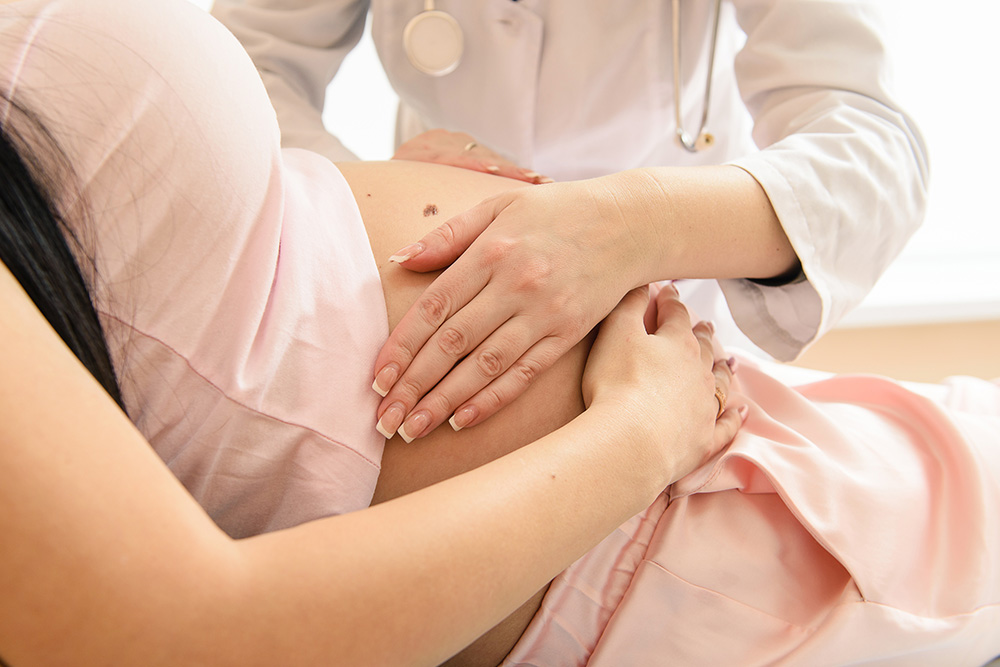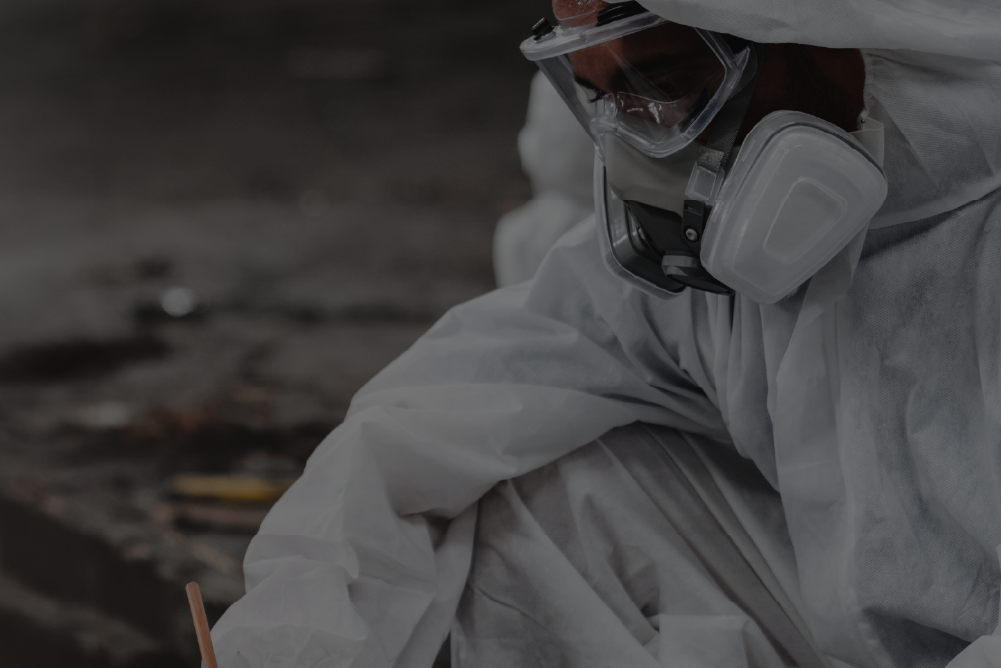
A new pregnancy – or planning for one – can be such an exciting time in a family’s life. And you will want to do whatever you can to ensure your baby will be happy and healthy.
The problem is that so much conflicting information can confuse parents-to-be about what really works to protect your baby’s health. Although it is impossible to guarantee that your child won’t be affected by birth defects, these time-tested tips can improve your chances of having a healthy baby.
See Your Doctor
Prenatal care is one of the most important actions to take. If you’re still in the planning stages, your doctor can help you manage your health to prepare for pregnancy. Then once you are pregnant, your doctor will monitor your baby’s and your health to ensure both are in good health.
If you have any chronic health conditions, such as diabetes or kidney disease, your doctor may recommend more screenings or more frequent visits to help ensure healthy development. Your doctor will also typically screen for any sexually transmitted diseases, as these can also cause birth defects and ongoing health problems.
Your doctor can also prescribe safe medication to help alleviate pregnancy symptoms if they interfere with your life.
Take Your Vitamins
A prenatal vitamin is a crucial part of a healthy diet before and during pregnancy. Folic acid, in particular, is a vital component. It has been proven to prevent birth defects such as spina bifida. These birth defects can happen before a woman even knows she is pregnant, which is why many health officials recommend that women of childbearing age ensure they are consuming 400 micrograms of folic acid each day to prevent brain and spine defects.
Once pregnant, your body will require increased nutrition as it supports you and your growing baby. If you have any questions about your nutrition and vitamin intake, your doctor is the best person to ask.
Get Your Vaccines
Certain diseases can cause severe birth defects during pregnancy, so it is essential to be up to date on vaccinations before becoming pregnant, including vaccinations to prevent human papillomavirus, measles, mumps, rubella, flu, tetanus, diphtheria, pertussis (whooping cough), and COVID-19. If you haven’t gotten all these vaccines, or they aren’t up to date, you may be able to take them during pregnancy. Concerns about your ability to receive these vaccines are best addressed with your doctor.
Maintain Your Health
Pregnancy can be physically taxing. Cravings can lead to unhealthy eating or unnecessary weight gain. The best option is to ensure that you are at a healthy weight and perform regular exercise before you get pregnant. If you are physically active already, you will likely be able to continue to exercise with some modification, which your doctor can advise you about.
In addition to taking your vitamins, make sure you’re eating a healthy and varied diet so you and your growing baby receive enough nutrition from food.
Although your changing body can make it challenging, especially toward the end of pregnancy, try to get adequate sleep to mitigate some of the fatigue that comes with being pregnant.
Stay Away from Harmful Chemicals
Finally, avoiding dangerous substances before and during pregnancy is essential in maintaining fetal health. As mentioned, many birth defects happen in the earliest stages of pregnancy, long before a woman realizes she is pregnant. So, avoiding chemicals that can cause damage is an important step in preparing for a baby. In fact, even if you aren’t planning to become pregnant, any woman of childbearing age is wise to minimize chemical exposure.
Some substances to avoid include alcohol, tobacco, marijuana, chemical solvents, pesticides such as glyphosate (found in Monsanto’s Roundup and other bands), herbicides, and cleaning products. Because these chemicals have been linked to cancers and other diseases in addition to birth defects, avoiding these substances is in the mother’s best interests, too.






